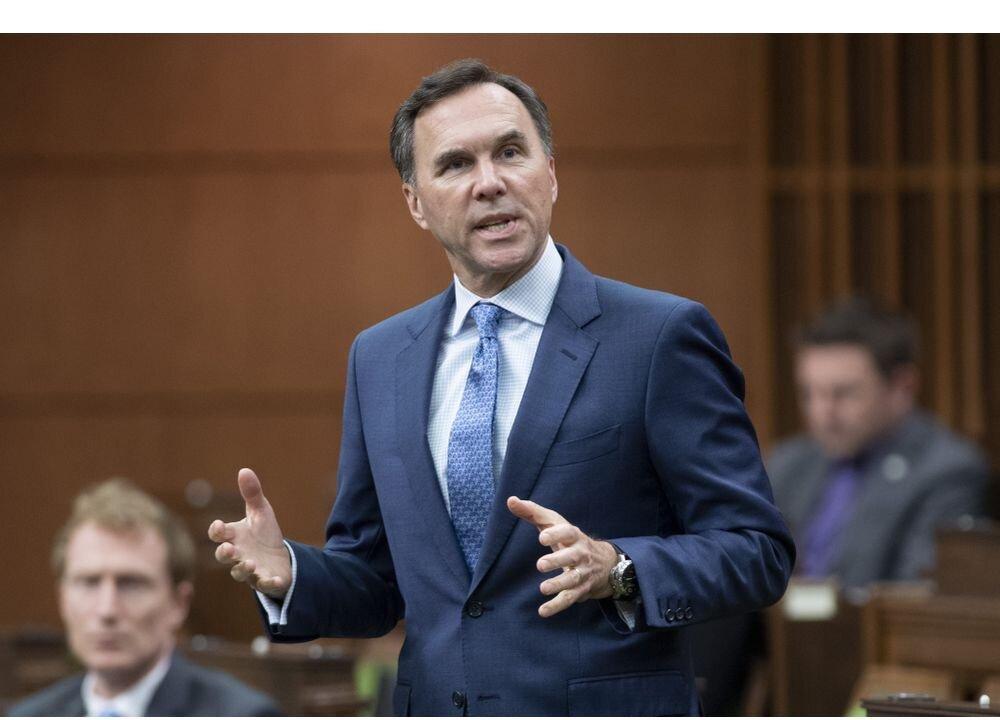Former finance minister Bill Morneau says the country’s high inflation rate was caused by an excess of economic support given during the COVID-19 pandemic.
Asked about the “COVID period” in an interview with Harvard International Review published on Aug. 14, Mr. Morneau said, “I believe that we had no alternative but to support Canadians, and support Canadians massively.”





